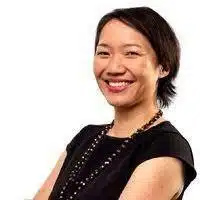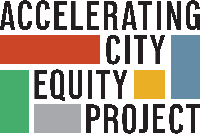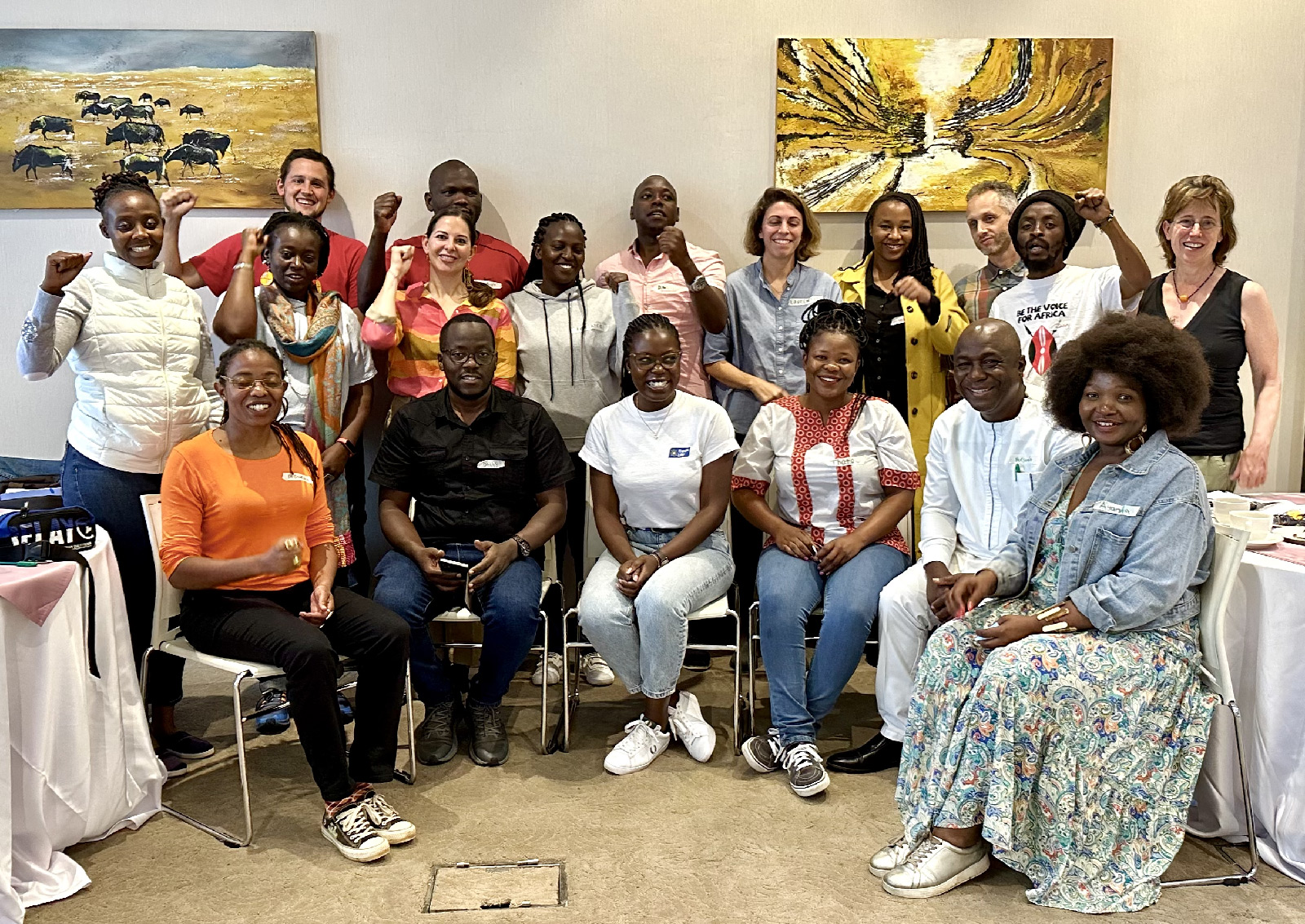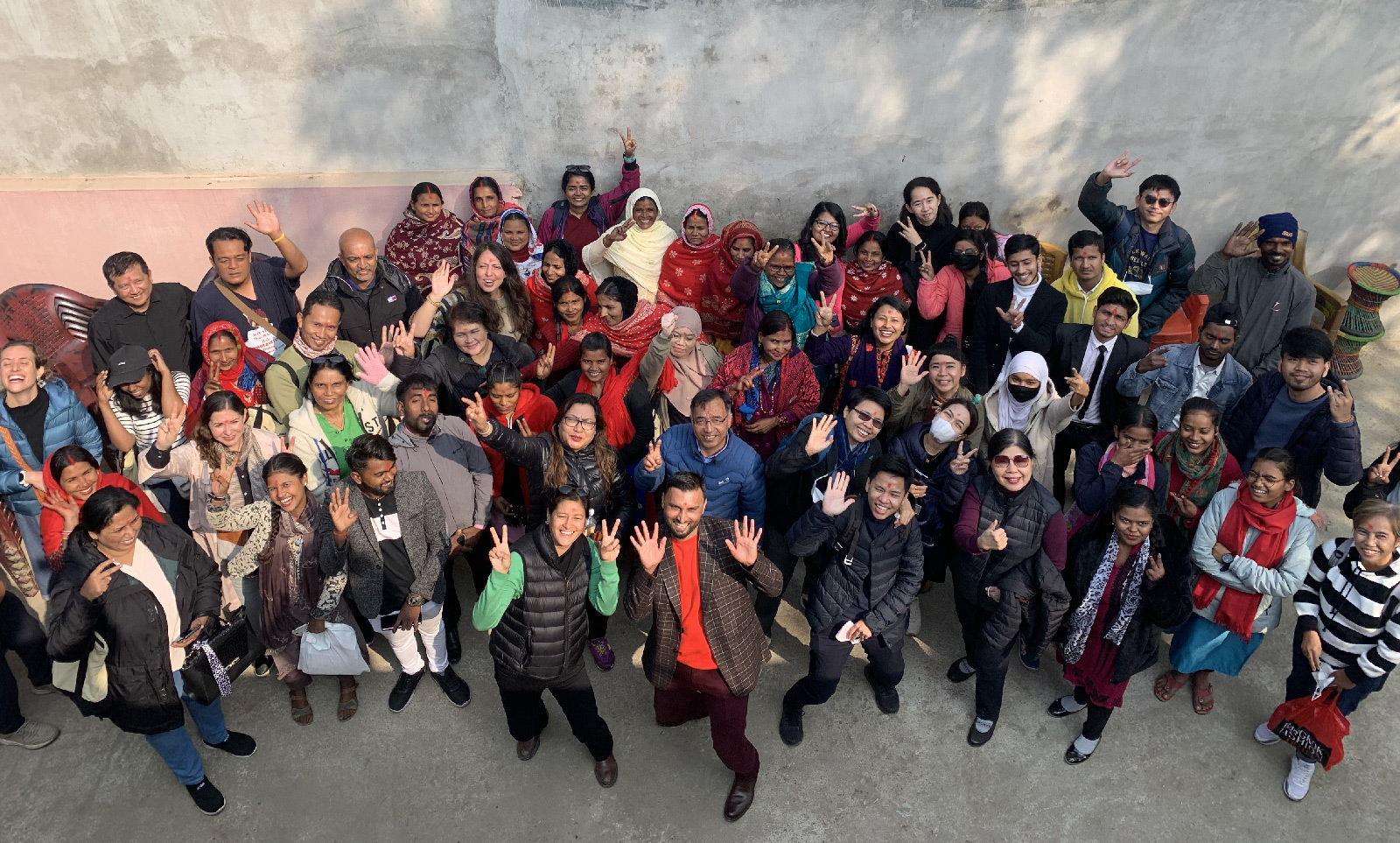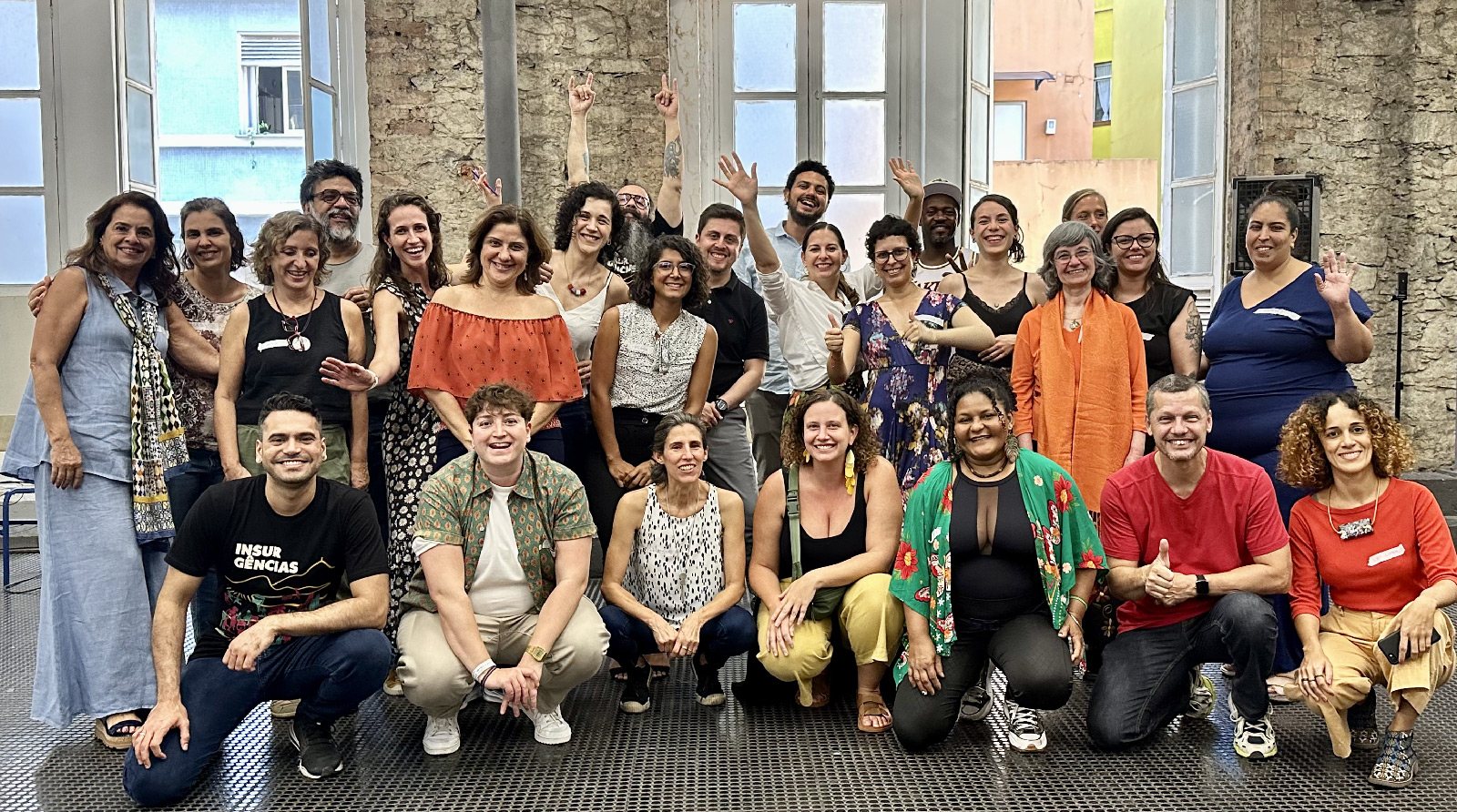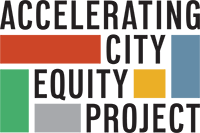About
Cities are vibrant social and cultural hubs with immense economic activity — but many people who live in cities do not thrive because they do not have what they need to live healthy lives and face barriers to prosperity.
Sharon Roerty, Senior Program Officer, Robert Wood Johnson Foundation
The good news is that:
- Urban health challenges and inequities are largely preventable by modifying physical and social environments.
- Every city department and each community member can make an important contribution to improving health equity.
- People are the solution. Community-driven initiatives, where community members work in collaboration with local government, are often highly effective at improving quality of life for everyone.
Remarkable sustainable development initiatives are being executed around the world and the strategies, solutions and learnings are transferable. Even in the most challenging political, economic, and built environments, communities are driving powerful change in their own backyards.
What is this?
Developed by the International Society for Urban Health (ISUH), this Active-Learning Resource Center provides insights from experienced practitioners and practical guidance to drive greater health equity around the world. This is an open platform where practitioners, community leaders and city governments may connect, exchange ideas and grow the equitable development community of practice.
Who is it for?
The resource center is for anyone who is working to improve the physical and social environments where we live, work, play, including:
- Government Leaders
- Sustainable Development Practitioners (i.e., community leaders, urban planners, real estate developers, architects, placemakers, etc.)
- Students
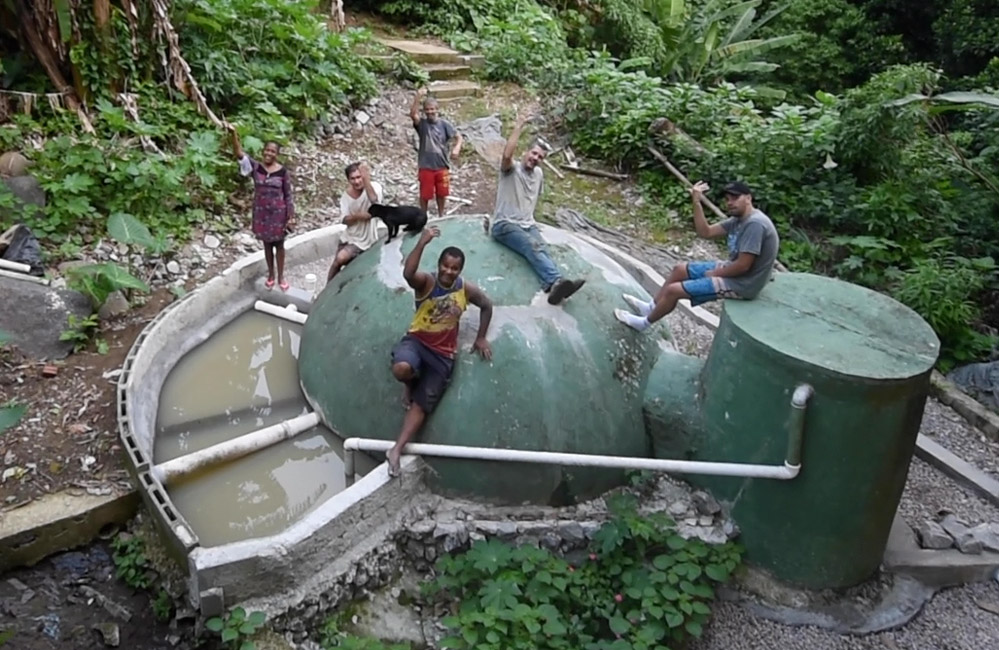 Why do we need this?
Why do we need this?
In cities around the world, the neighborhood where a person lives is the leading predictor of how long they will live, resulting in vast differences in life span even for people living within the same city. This is true because many neighborhoods have been developed with legal and planning instruments deeply rooted in underlying injustices and inequities that impact our environments. Since 90% of health outcomes are determined by physical and social environments, the good news is that environmental changes can solve critical health equity issues. Yet, cities and practitioners leading development projects:
- Lack the tools and resources to consider health equity impacts
- Do not meaningfully engage community members in development planning
ISUH launched the ACE Project to address this problem, studying dozens of successful equitable development initiatives that improve health and promote economic opportunities in cities around the world. City officials, practitioners, and community leaders shared their insights, strategies, and learnings with us, and we distilled those findings into the tools and resources on this website. Our goal is to provide guidance to drive greater health equity, and to grow a community of practice where equitable development leaders can connect with one another, build partnerships and create healthier places where all people can thrive.
What are the benefits?
When people’s needs are not met, they do not thrive, they do not contribute to their fullest capacity, and they stress government infrastructure and social service systems. On the other hand, when people have access to safe and affordable housing, parks and bikeways, clean air and water, healthy affordable food, childcare, and livable wages they are healthier, more economically stable, and able to contribute to their communities. Supporting health equity, building economic opportunity, and working to remove inequities in underserved communities benefits everyone.
If you…
… have 1 minute: download “Five Building Blocks for Equity” (two-pager overview of essential approaches)
… have 5 minutes: watch a video in the Stories from the Field section to get a sense of how the five actions play out in reality and what the impact can be, even in the world’s most challenging political, social, economic and physical environments.
… are leading a project or planning a city initiative: download the Starter Kit from the Getting Started section for exercises and guidance to apply an equity lens to your work.
… are interested in updates on taking a workshop, course or a training: sign up for our Mailing List.
ACE on the Media
Cities Around the World Sharing Success Stories of Health Equity. Blog post by the Clinton Global Initiative
Creating Healthy Cities for All. The International Society for Urban Health identifies the “building blocks” for fair, healthy environments where residents thrive. Article published in Next City’s Solutions of the Year 20th Anniversary Special Issue
ACE Project Leadership
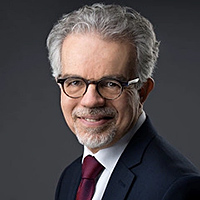
Carlos Dora, MD — Project Co-Director
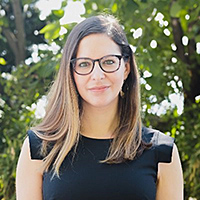
Giselle Sebag, MPH, LEED AP — Project Co-Director
ACE Project Team
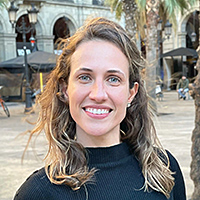
Lia Brum, MSc — ACE Project Manager
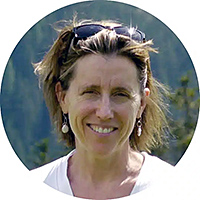
Camilla Calamandrei, MA — ACE Storytelling and Content Development
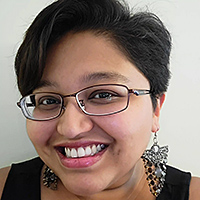
Nishita Dsouza, MPH, PhD — ACE Project Research Collaborator
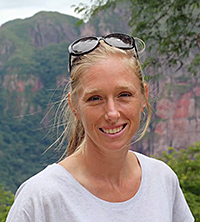
Camille Medema, MPH, BSN RN — ACE Project Research Assistant
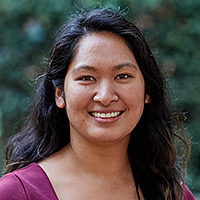
Araliya Ming Senerat, MPH, PMP — Research Associate
